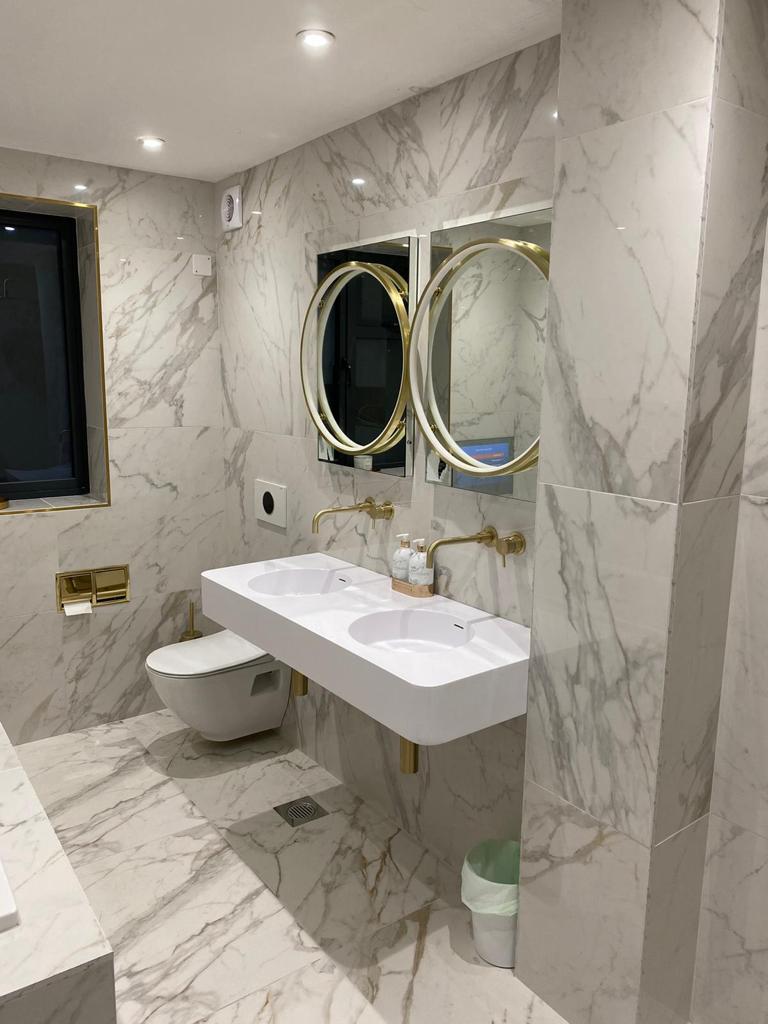ivell plumbing
A FEW WORDS
ABOUT US
Your City’s #1 Plumbing Service Provider
A Few Words About Us
Believing that teamwork, integrity, excellence and first-class customer service are core values that matter, we make it our mission to always provide services of the highest standard and see all projects through from start to finish
As professional plumbing and heating contractors, you can call on us 24 hours a day, 365 days a year for everything from emergency plumbing and boiler breakdowns to routine gas safety inspections, central heating installation and leaky pipe repair.We promise to turn up when we say we will, be clear and transparent with our pricing and always tidy up after ourselves!
Why Choose Us
HIGHLY EXPERIENCED
We are a friendly, approachable, highly experienced team of plumbers and heating engineers.
INTEGRITY:
The price you are quoted is the price you will pay.
PASSION
We are passionate about everything that we do
F.A.Q.
Frequently Asked Questions
WHAT IS CARBON MONOXIDE AND DO I NEED A DETECTOR FOR MY GAS APPLIANCES?
Carbon monoxide is a highly poisonous gas produced by the incomplete burning of natural gas, liquid petroleum gas (LPG), oil, wood, coal or petrol. It can occur when appliances have been incorrectly fitted, poorly maintained, badly repaired or when vents, chimneys and flues are blocked. Carbon monoxide is colourless, tasteless and has no odour, making it very difficult to detect without a carbon monoxide detector.
WHAT ARE THE SIGNS OF CARBON MONOXIDE POISONING?
The most common symptoms of mild carbon monoxide poisoning are headache, nausea and feeling tired or confused – in fact, very similar symptoms to those of flu.
However, if you find your symptoms improve or go away when you are away from home, and get worse when you return, and if everyone else in the home, including pets, has the same symptoms, you may be experiencing carbon monoxide poisoning and should see your GP immediately.
In severe cases, it can quickly cause collapse and loss of consciousness, long term damage and even death.
HOW TO BLEED MY RADIATORS?
Sometimes you may notice a cold patch at the top of your radiators, or they may make a noise when they are warming up. This could be due to air that has collected at the top over time and is quite normal. The air means the hot water in the radiators can’t circulate as effectively, so your home may take longer to warm up.
However, it is very easy to get rid of this air yourself, making your heating system more energy efficient and potentially saving money on energy bills.
While your heating is on, carefully feel the tops of each of your radiators to check if they are warm. Those which are cold at the top need bleeding.
Switch off your central heating, and let the radiators cool down before bleeding radiators.
Look at the valve on the top of the radiator – some need a screwdriver to undo them, but for most you will need a radiator key. These are very inexpensive and widely available at DIY stores.
Holding a cloth underneath the valve to catch any drips, slowly turn the key anticlockwise to open the radiator valve. You should hear hissing as the air escapes.
When the hissing stops and water stars to come out of the valve, turn the radiator key clockwise to close the radiator valve.
Repeat for all the radiators that you needed to bleed.
Check the pressure gauge on the front of your boiler – it should be around 1.5 Bar. If the pressure is too low, you will need to top it up.
We show you how to top up the pressure in your boiler here.
When you have checked that the boiler pressure is correct, turn on your central heating and check the radiators have not got any cold places. If there are still cold spots, your central heating system may have sludge and debris which is stopping it from working efficiently. Your Gas Safe registered installer can flush and clean the system for you, and treat the water with an inhibitor to keep it clean.
HOW OFTEN DO I NEED TO BLEED MY RADIATORS?
We recommend you check your radiators at least once a year, when you switch on your heating again after the summer. It is quite normal for a bit of air to have collected, especially in the radiator which is highest in your central heating system. This is often a heated towel rail in the bathroom and easily overlooked, so make a note to check that one first!
If you see signs of rust or water when you check them, or your radiators need bleeding more often than usual, you may have a leak, which your Freeflow engineer can fix for you.
Work
Only the Highest Quality Work
Clients
Happy Customsers

Had radiators changed by Ivell Plumbing & Heating. Arrived on time, They were friendly and polite. Completed the job to a high standard, they left it spotless after tidying up. Also returned a short while after to ensure all was working well. Would
Sem P.

As ever, the service we received was outstanding! We were struggling with a very complicated problem and the team at Ivell Plumbing & Heating couldn’t have done more to help us. Their patience and expertise is second to none. Forever a loyal customer
Jillian H.

Ivell and their team are first class! I have used them many times and they never fail to deliver at the highest standard and quickly too. First class service and first class team! 🙂
Charlie V.
Get in touch
Schedule An Appointment
Or Get an Instant Quote
07402 357455
Visit Us
The Vale, London NW11 8SG
Message Us
info@ivellplumbing.co.uk
Call Us
07402 357455
Call Us
07889 296914



